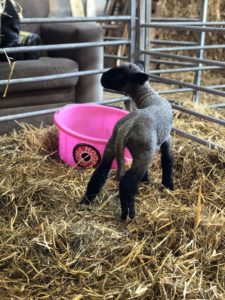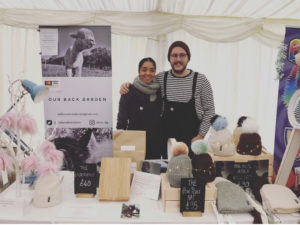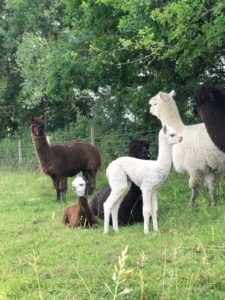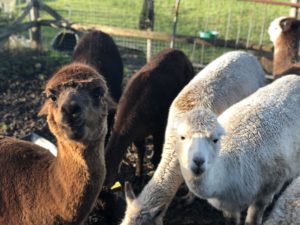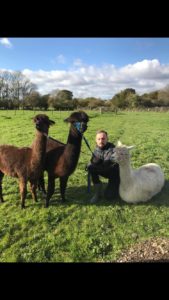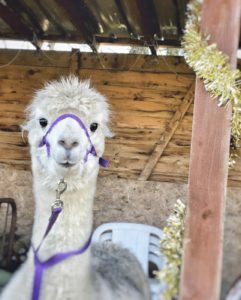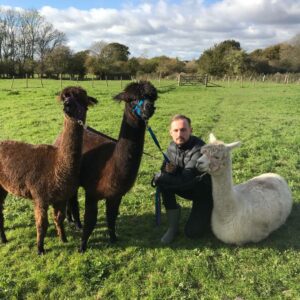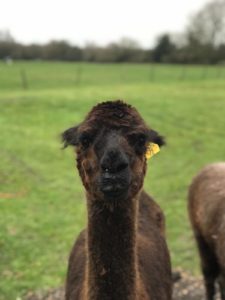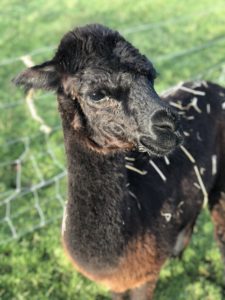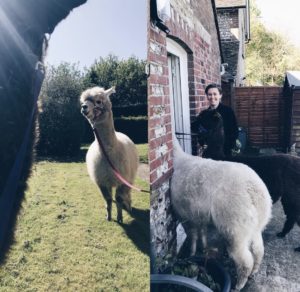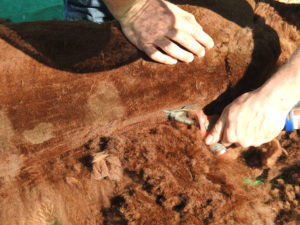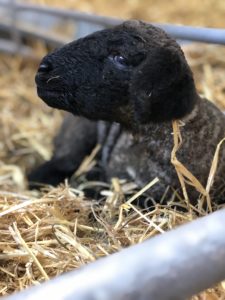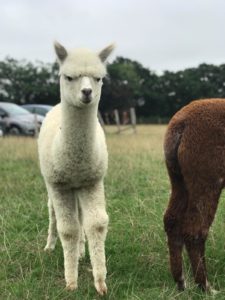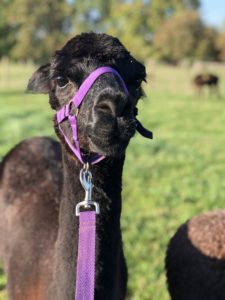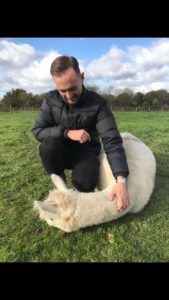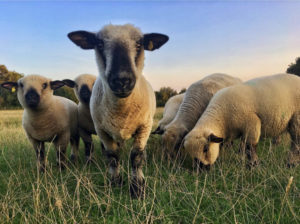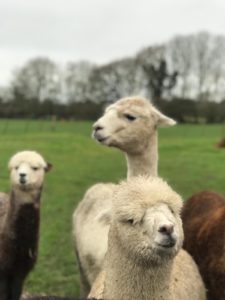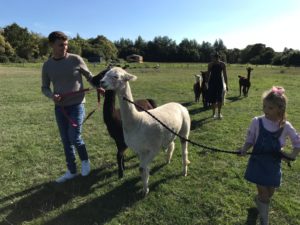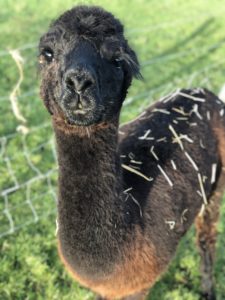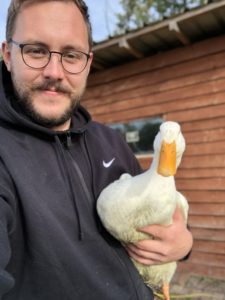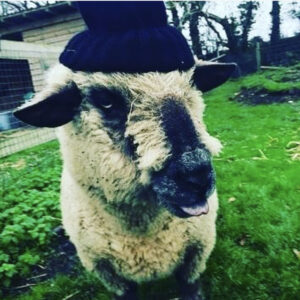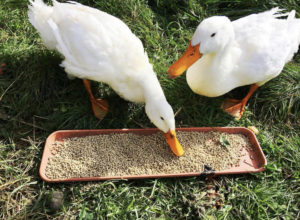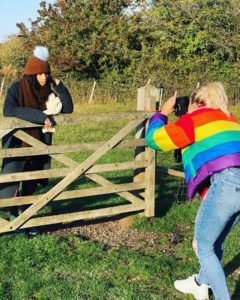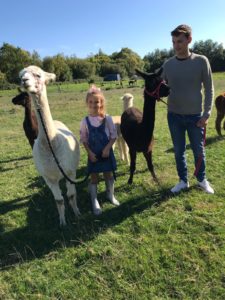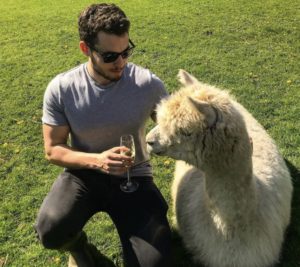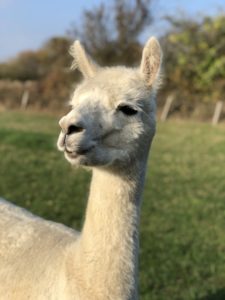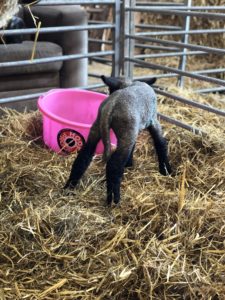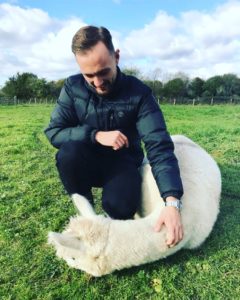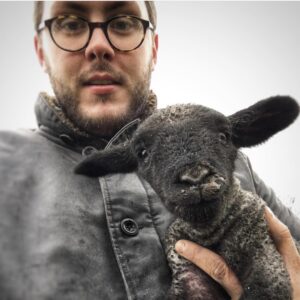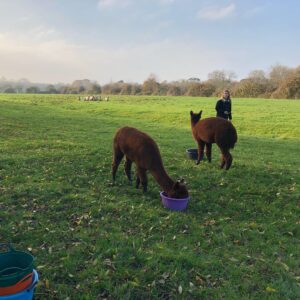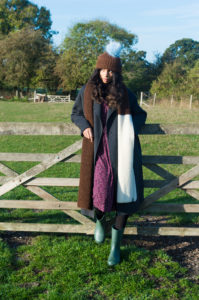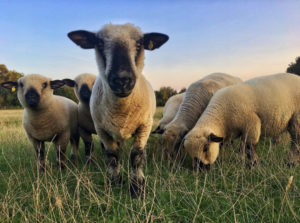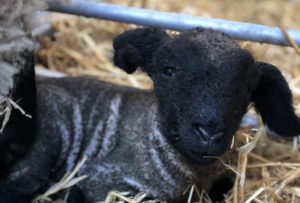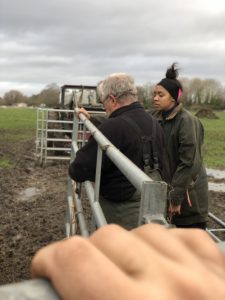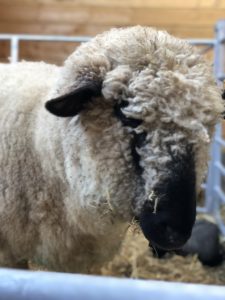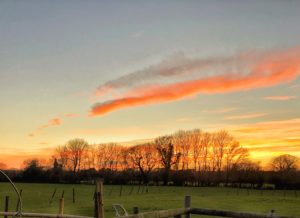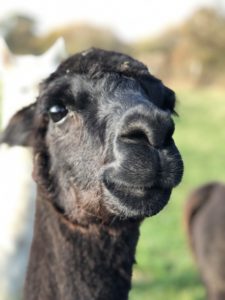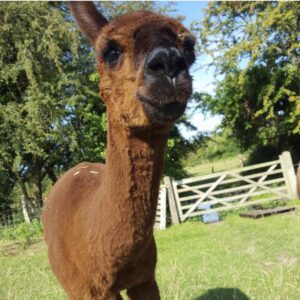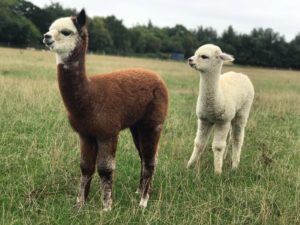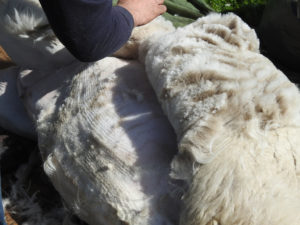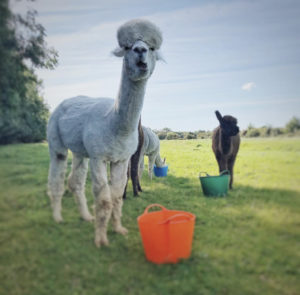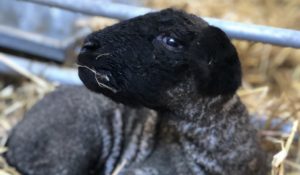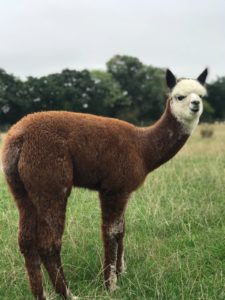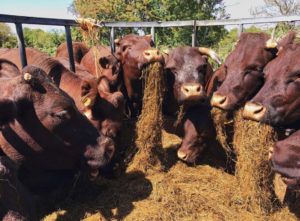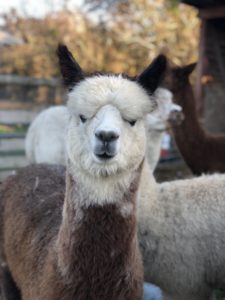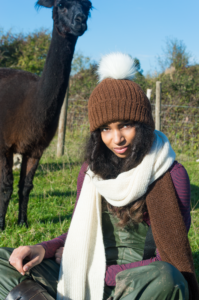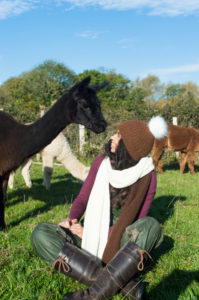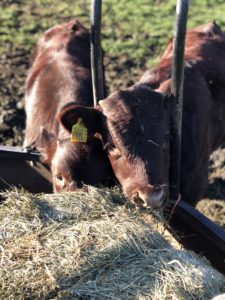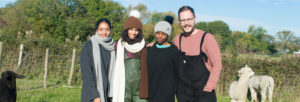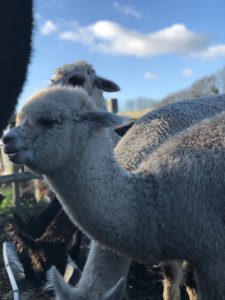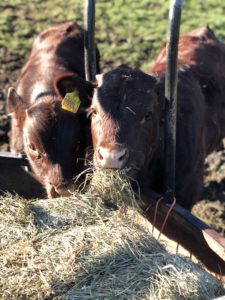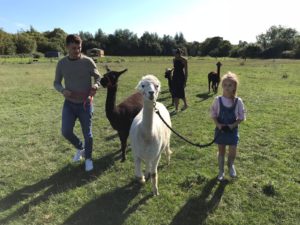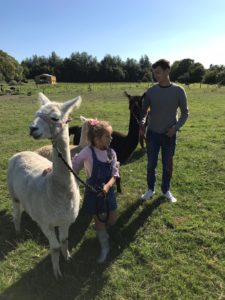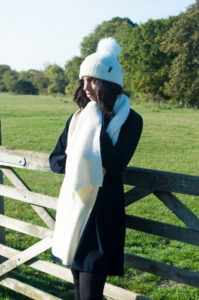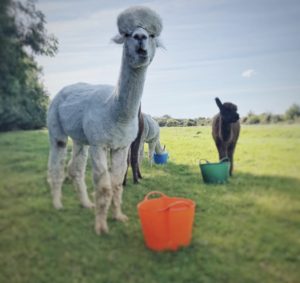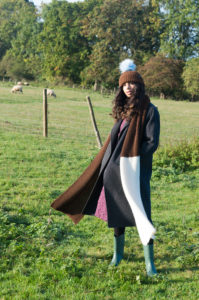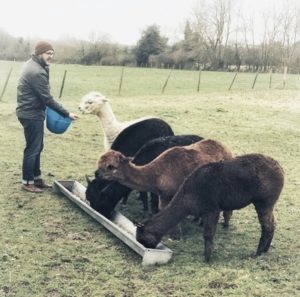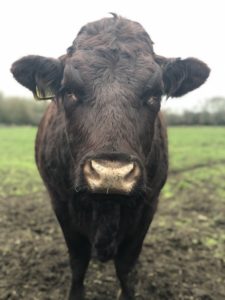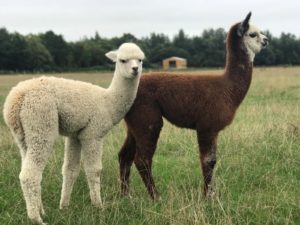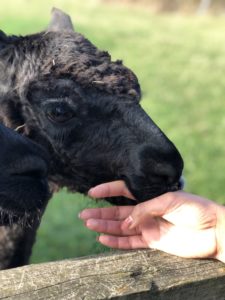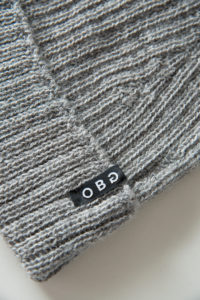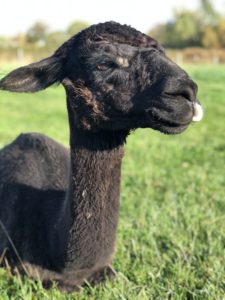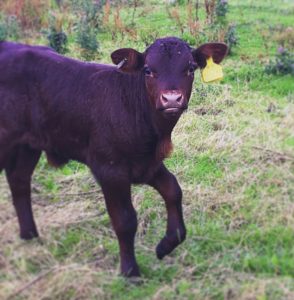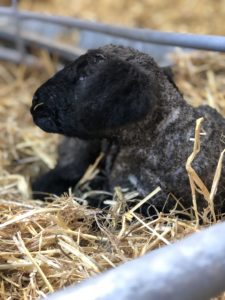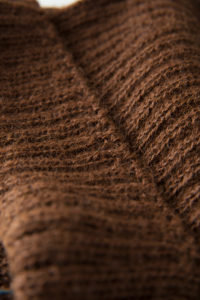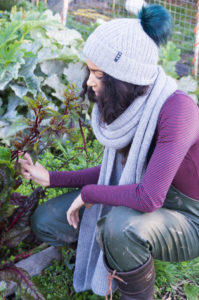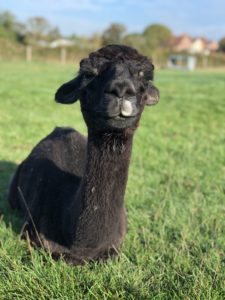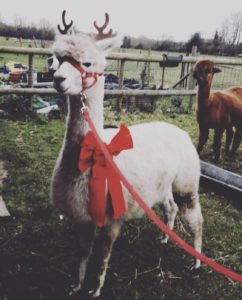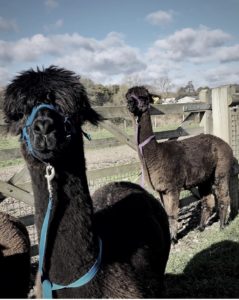Located in West Sussex at the edge of the South Downs National Park, the farm is a huge part of what makes our everyday lives so fulfilling.
After all, we all want to have our own gardens to invest in. Ours, like yours, takes hard work and a lot of heart. We look forward to sharing our journey with you.
What do we do?
We are a family run rare breed farm. Consisting of our Alpaca herd, Sussex red cows and a flock of Hampshire Down sheep. Our day to day running of the farm consists of caring and tending to our land and livestock but over the last few years we have developed a few exciting projects that we can’t wait to share with our community.
Product Story
Alpaca life!! Our herd has grown over the years consisting now of 12 Huyaca alpacas grown from 2 mothers and their crea. Our alpacas were originally brought in to keep the foxes away during lambing season. Alpaca wool has increased in popularity over the years and we have worked hard to create and produce top quality yarn for our range of luxury products. With the demand for cashmere increasing, Alpaca wool has become a key player in the luxury wool market, where intensive cashmere rearing in fragile mountain habitats has become recognised as increasingly bad for the environment. Consequently Alpaca wool has risen in popularity amongst retailers and their customers.
A Vogue article in 2018 celebrated “Alpaca fibres are incredibly soft; largely hypoallergenic; more durable and less likely to pill than cashmere; warmer, yet lighter, than traditional wool”. Emily Farra, Vogue journalist also states “Alpacas are good for the earth. Unlike cashmere goats, alpacas don’t destroy the terrain when they graze, and produce more fluff too: A single Alpaca can grow enough fleece to make four or five sweaters in a year”
It is so exciting to see this beautiful wool recognised by the industry. We have worked hard to produce beautiful products that are perfect for keeping out the cold in the winter months while having a luxurious and stylish appearance.
On The Farm
Our Sussex Red cattle herd and Hampshire Down sheep flock are essential to maintain the right level of grazing on the farm’s meadows. On these meadows the cows and sheep feed naturally and as family groups whilst enabling the rich variety of meadow plants and biodiversity living on them to thrive.
What is Mill Meadows Farm?
Named only when the family took it on in 2010 Mill Meadows Farm is a small, but beautiful piece of farmland water meadows established in Westbourne on land between and across the River Ems.
The water meadows are integrally linked to the River Ems. The rich and continuous history of the area is evident on a map from 1640 where you can see The Great Meadow labled, a meadow that is still known by that name today.
The River Ems is a typical but fascinating chalkstream winterbourne which flows for only a short distance of seven miles or so from its sources at the foot of the South Downs. Extensive stretches of the river above Westbourne village dry up during some of the summer months but the River Ems flows year-round through the water meadows of Mill Meadows Farm and onwards passing through Lumley Mill and emptying into Chichester harbour at Emsworth.
Over the last four hundred years of records the meadows and streams have been seen to be much manipulated by man and it seems that the passage of the river through these meadows has had three different courses over the centuries.
The river still holds good populations of Brown Trout and even Sea Trout have been recorded as recently as 2013 whilst water voles and kingfishers live in the meadows’ water channels. During the winter many Snipe, Woodcock and other birds used the wetland areas. Green sandpipers even winter along the river.
Over the last twenty years it is true to say that the meadows had not been maintained as well as needed and had been sub-let to a series of seasonal farmers and most recently horse grazers.
As a family we have worked to restore the 24 acres (11 Hectares) of land to viable agricultural practices that are environmentally complementary to both the management of the land and the River Ems. We have completed the process of restoring the dilapidated and broken fencings needed for the protection and management of animals and other farm diversification activities. A pedigree rare -breed herd of Sussex Red cattle is in place and also a flock of Hampshire Down Sheep graze the meadows. Along with a popular herd of Alpacas, the farm is now well known to the members of the local community who walk in the area. A partnership working with Natural Englands environmental stewardship programme is improving existing habitats for water birds and the biodiversity associated with these floodplain grazing meadows.
It is intended that the proposed management of the meadows will contribute to guarantee and ensure the long term conservation of the integrity of the Ems valley and its river linking the South Downs and Chichester Harbour. Both areas themselves of outstanding beauty, environmental importance and national heritage.
The Future
In order to take the farm to the next stage – that of sustainable economic viability we are about to embark on. The development of an intensive but environmentally sustainable project on a small part of the farm. Combining the growth of table fish, herbs and vegetables in a system of recirculated water our aquaponics project will provide healthy food produce to local markets and consumers within the next short period.


